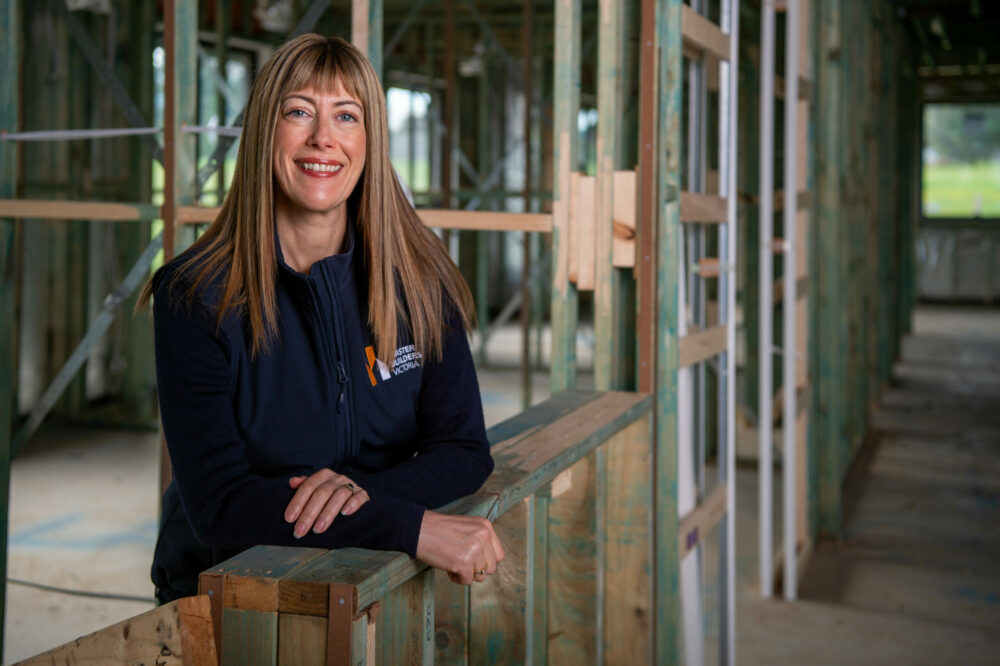Code must be handled right says peak body
Master Builders Victoria has expressed concern that the Victorian Government’s changes to the building code relating to accessible housing and energy efficiency don’t address concerns of homebuyers and the building and construction industry.
The organisation also says the changes fail to deal with issues of affordable housing for all Victorians.
A statement from MBV acknowledged that future provisions are needed for people as they age or have a disability to ensure there is sustainable and suitable housing stock into the future, but the benefits will not be realised if the changes are not introduced properly.
The proposed changes mean new homes will be required to comply with the National Construction Code’s Livable Housing Design Standard that could add additional costs to the build.
MBV CEO Rebecca Casson said there were concerns that the changes to allow accessible housing may compromise other provisions in the NCC.
“The consequences of not addressing these changes with careful consideration will challenge compliant building work, add further costs to homebuyers, remove homebuyer choice in the design of their homes, and for builders, the added pressure of explaining why these requirements are necessary when they may not be needed,” she said.
“MBV believes that the accessible housing requirements should remain voluntary and not mandated in the 2022 NCC.
“If these changes go ahead, we want to see a clear transitional period where training can be delivered, time for display homes to be built and increased homebuyer options.”
The MBV statement said that the Victorian Government also needs to invest time and resources into developing and delivering an effective consumer and industry awareness campaign.
“There also needs to be further consideration of exemptions, possible trial periods to demonstrate the changes in-situ, and consideration of affordability in accommodating these changes.”
Ms Casson said the proposed changes would mean all new houses must meet seven-star requirements, meaning a significant impact on building costs.
“The changes will mean higher glazing requirements, increased ceiling and wall insulation, stricter provisions for heating, air-conditioning and hot water systems, all of which will mean home buyers ultimately bear the cost,” she said.
The Australian Building Codes Board has released proposed energy efficiency changes in the NCC 2022.
“The plan is for Class 1 and 2 buildings to increase from six stars to seven stars under the NatHERS rating scheme, even though the Government’s numbers show that the costs far outweigh the benefits,” Ms Casson said.
“MBV is seeing modelling from researchers in this energy efficiency field showing a significant risk of increased condensation and mould in Australian buildings.”
Ms Casson said that mould posed a significant risk to people’s health and well-being and before the changes occur the building code should be updated and industry knowledge increased to eliminate this risk.
“This would include identifying particularly risky construction techniques and the correct methods to reduce risk,” she said.
“We believe that the NatHERS assessment pathway needs to be broadened to include a true whole of house rating that includes appliances, lights, and the contribution of onsite renewable energy.
“In this manner, the same outcomes can be achieved without risking health consequences to building occupants, unduly restricting design, or adding unnecessary cost.”



















